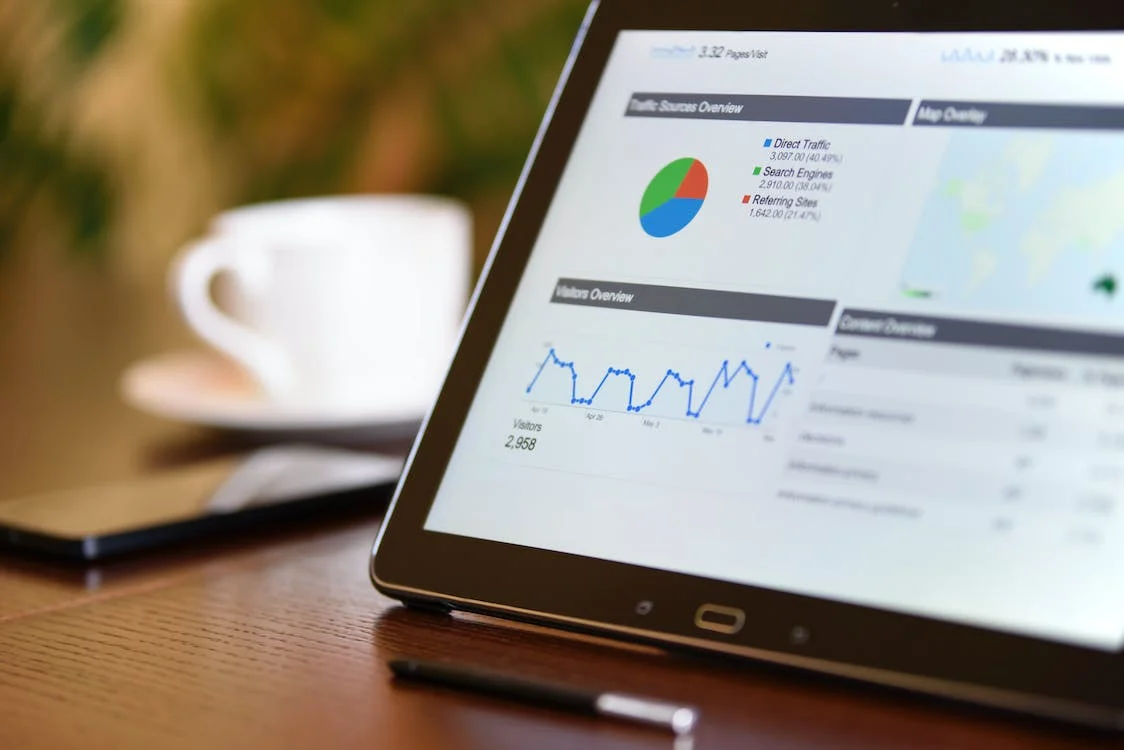10 Tips For Selecting The Right Lease Management Software
5 Mins Read
Published on: 02 August 2023
Last Updated on: 26 September 2023

toc impalement
Managing leases, whether related to real estate, equipment, or other areas, has become complex and demands considerable time. Challenges arise in many ways, from meeting legal standards to ensuring administrative efficiency and tuning financial performance.
The emergence of lease management software is a hallmark in today’s business practice, a tool that helps businesses streamline procedures, uphold precision, and glean significant strategic insights.
Yet, many lease management software choices proliferate the market, transforming the selection process into a complex decision. This calls for clarity and thoughtful examination. Here are tips to help you choose the right lease management software for your needs.
Understand Your Lease Management Needs

Every organization has a unique set of needs and constraints when it comes to lease management. Understanding these needs is essential to selecting the appropriate lease management software. It’s not just about tracking payments and deadlines; it’s about creating a system that aligns with your organizational goals, structures, and compliance requirements.
Lease management software serves as a crucial tool to streamline and centralize lease information, ensuring compliance and efficiency. In a world where data drives decisions, having the right software can differentiate between success and failure. It allows professionals to manage leases effectively, from simple tracking to in-depth analysis, creating a robust framework supporting the company’s objectives.
1. Differentiate Between Real Estate And Equipment Leases
Real estate leases often involve complex terms, extended durations, and specific compliance considerations. On the other hand, equipment leases might be shorter, more dynamic, and require different tracking mechanisms. A comprehensive lease management software should offer customizable features to accommodate these diverse needs, aligning with your unique portfolio.
2. Ensure It Aligns With Relevant Regulations And Standards
In today’s interconnected business landscape, integration is more than a convenience; it’s necessary. Your lease management software should not exist in isolation but must function seamlessly within your existing technology ecosystem.
From ASC 842 to IFRS 16, compliance standards evolved and expanded. The right lease management software should have robust capabilities to align with these regulations and offer regular updates and features that facilitate compliance without the constant need for manual intervention.
3. Should Have Seamless Integration
A robust lease management system should easily integrate with your existing ERP, financial, and critical business systems. This integration allows for a seamless flow of data, enhances accuracy, and offers a unified view of all leases across different departments. Selecting software that aligns with your existing infrastructure not only simplifies the implementation process but also augments the overall effectiveness of your lease management strategy.
4. Assess User-Friendliness
Lease management software should not be a complex system only IT experts can use. A user-friendly interface is important for daily users across different departments within an organization. Look for software that offers intuitive navigation, clear instructions, and customizable dashboards to cater to various user preferences.
A well-designed system minimizes the learning curve, promotes adoption, and enhances productivity.
5. Assess Reporting And Analytics Features

In the modern business environment, data isn’t just raw numbers; it’s an invaluable asset that drives strategic decisions. Your lease management software should provide powerful reporting and analytics options that allow users to transform data into actionable insights.
Whether it’s trend analysis, predictive modeling, or real-time monitoring, the ability to dissect and interpret lease data through visually appealing and insightful reports is paramount. The right tools can turn a mundane task into a strategic advantage.
6. Investigate Vendor Reputation And Support
The software’s features are undeniably important but don’t overlook the people who made the product. Investigate the vendor’s reputation, customer reviews, and track record in the industry.
A reputable vendor will not just sell software but will offer robust support, timely updates, and a genuine interest in your success. Look for evidence of responsive customer service, ongoing training, and a clear commitment to quality. Partnering with the right vendor is akin to adding a dedicated expert to your team.
7. Consider Scalability
Businesses evolve, and so do their needs. What fits today might become obsolete tomorrow. Therefore, scalability is essential in selecting the right lease management software. Evaluate how easily the software can adapt to your company’s growth in terms of volume and complexity.
A scalable solution grows with your business, ensuring that the software continues to serve your needs without costly replacements or cumbersome adjustments.
8. Review Cost And Return On Investment
Investing in lease management software is not merely an expenditure; it’s a strategic move. While cost considerations are important, they should be balanced with analyzing potential returns.
Consider the efficiency gains, time saved, improved compliance, and strategic insights that the software can offer. Sometimes, a higher upfront cost can yield substantial long-term benefits. Carefully assess the total cost of ownership, including licensing, implementation, support, and maintenance, against the tangible and intangible benefits the software can deliver.
9. Assess Sustainability And Environmental Compliance
In a world increasingly attuned to sustainability and ethical corporate conduct, lease management transcends mere numerical analysis. Contemporary lease management software will align with your environmental commitments, offering robust reporting on emissions, energy conservation, and other ecologically responsible metrics. This modern approach reflects responsible stewardship and aligns with the evolving global standards.
10. Plan A Demo Or Trial
A hands-on demonstration of the software before the final decision provides an invaluable perspective. It’s more than a routine step; it’s an opportunity to delve into the software’s practical utility, responsiveness, and alignment with your specific needs. It’s a critical phase in the decision-making process, affirming that your chosen solution is adequate and exemplary.
Conclusion
Finding the right lease management software is more than a procurement exercise; it’s a strategic decision that will have a profound impact on your organization. With a systematic approach that weighs integration, scalability, user experience, regulatory compliance, and ecological responsibility, you lay the groundwork for continued success. Ultimately, the right software does more than administer leases; it elevates your business, aligns with your mission, and nurtures a culture of ingenuity and efficiency.
Read Also:


















Comments Are Closed For This Article